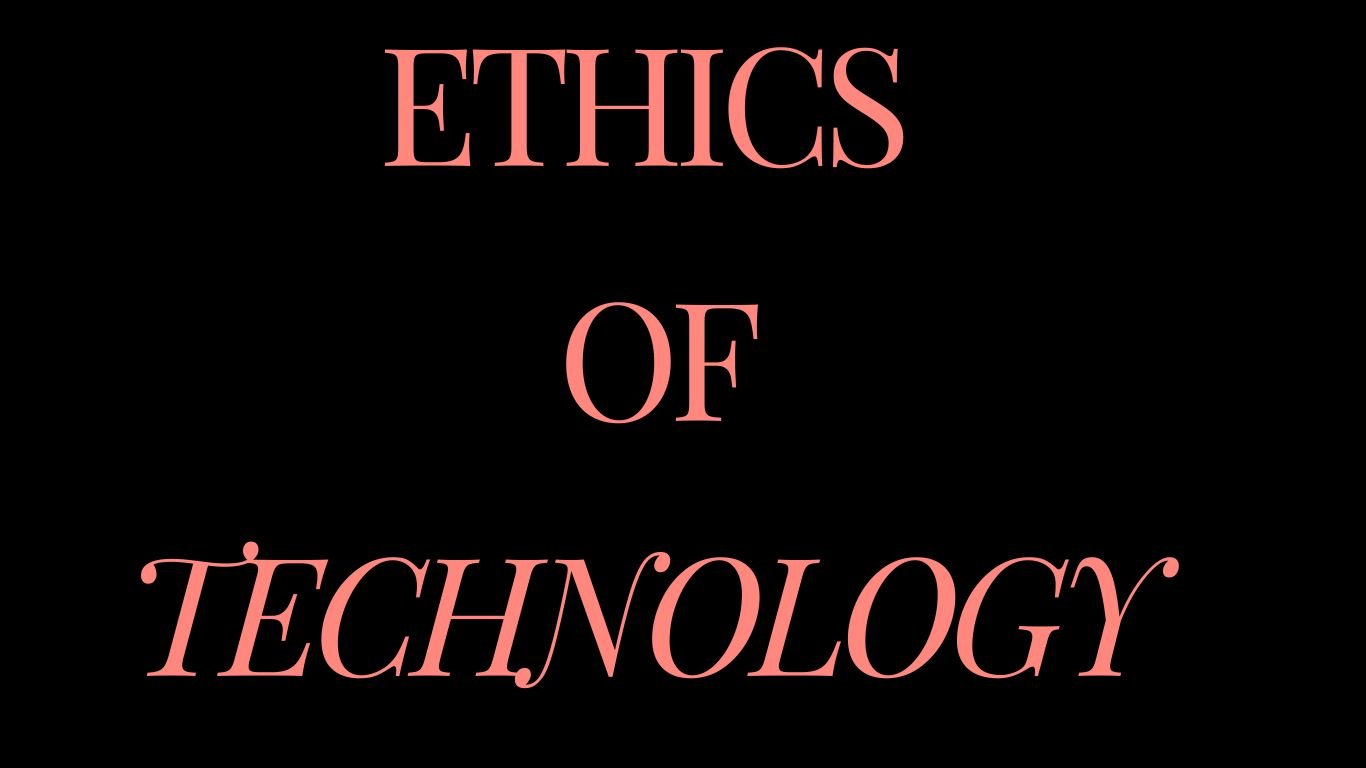The ethics of technology is a complex and multifaceted field that addresses the moral and societal implications of technological advancements. It involves evaluating the consequences of technology on individuals, communities, and the environment, and aims to guide the responsible development and use of technology. Key areas of concern include:
1. Privacy
Technological advancements, particularly in data collection and surveillance, raise significant privacy concerns. The ethics of privacy involves balancing the benefits of data usage (like personalized services) against the right to privacy. Issues include:
- Data collection and consent: Ensuring that individuals are informed about and consent to how their data is collected, used, and shared.
- Surveillance: The ethical implications of surveillance by governments and corporations, and the potential for abuse of surveillance technologies.
2. Autonomy
Technology can enhance or undermine human autonomy. Ethical considerations include:
- Artificial Intelligence (AI): Ensuring that AI systems support human decision-making without manipulating or overriding human autonomy.
- Autonomous vehicles: Addressing the ethical implications of self-driving cars, including safety and accountability in the event of accidents.
3. Equity and Access
The distribution of technological benefits and burdens is often unequal. Ethical considerations include:
- Digital divide: Addressing disparities in access to technology based on socioeconomic status, geography, and other factors.
- Inclusive design: Ensuring that technology is accessible to people with disabilities and marginalized communities.
4. Job Displacement and Economic Impact
Automation and AI have the potential to displace jobs and transform economies. Ethical considerations include:
- Employment: Strategies for mitigating job loss, such as retraining programs and social safety nets.
- Economic inequality: Addressing the widening gap between those who benefit from technological advancements and those who do not.
5. Environmental Impact
The production, use, and disposal of technology can have significant environmental consequences. Ethical considerations include:
- Sustainability: Developing technologies that minimize environmental harm and promote sustainability.
- Resource consumption: Addressing the ethical implications of resource extraction and energy use associated with technology.
6. Safety and Security
Ensuring that technologies are safe and secure is a primary ethical concern. This includes:
- Cybersecurity: Protecting systems and data from malicious attacks.
- Product safety: Ensuring that technological products do not pose risks to users.
7. Ethical AI and Machine Learning
AI and machine learning technologies present unique ethical challenges, including:
- Bias and fairness: Ensuring that AI systems do not perpetuate or amplify existing biases.
- Transparency: Making AI systems understandable and explainable to users and stakeholders.
- Accountability: Establishing clear lines of responsibility and accountability for decisions made by AI systems.
8. Human Enhancement
Technologies that enhance human capabilities, such as genetic engineering and neural implants, raise ethical questions about the nature of humanity and fairness. Considerations include:
- Ethical boundaries: Defining acceptable limits of human enhancement.
- Equity: Ensuring that enhancements do not exacerbate social inequalities.
Conclusion
The ethics of technology is an ongoing and dynamic field that requires continuous reflection and dialogue among technologists, ethicists, policymakers, and the public. The goal is to ensure that technological advancements contribute to the well-being of all individuals and society as a whole, while mitigating potential harms and addressing ethical dilemmas thoughtfully and proactively.
